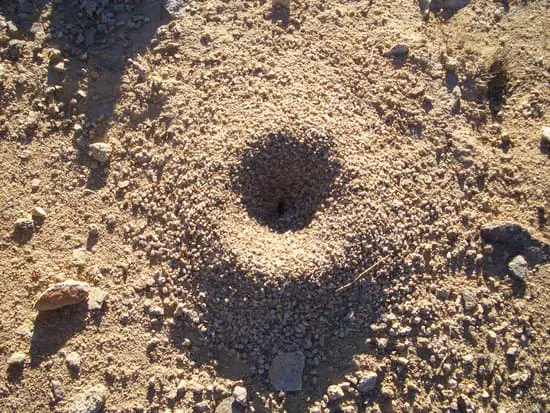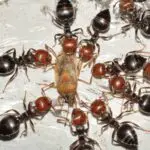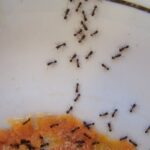Do Ants Carry Bacteria?
Whether ants carry bacteria or not depends on the environment, population and other factors. If you have a large population, you may be at a higher risk. You are more likely to be infected by ants if you have a weak immune system.
Pathogens are spread by ants when they walk through dirty areas and pick up food particles or water. Ants may carry food-borne diseases such as Salmonella, E. coli, Clostridium, and Shigella. If you are infected, you can develop diarrhea, kidney failure, and other medical complications.
Ants can also carry antimicrobial-resistant bacteria. Ants can transmit pathogens that can cause respiratory infections, skin infections, and other medical problems. Ants may also carry infectious fungal organisms.
Pharaoh ants are small light colored ants. These ants can infest kitchen utensils and foods left out on the ground. They can carry diseases to humans and other animals in the home. The small size of the ants allows them to access areas that are normally inaccessible to most ant species. The Pharaoh ants can also enter wounds in a hospital setting.
Pathogens can spread when ants walk through contaminated areas, such as garbage or food waste, and find their way into food. The ants may also transmit pathogens when they walk through contaminated food, such as unappealing bodily liquids. They can also transmit pathogens to food in your home.
Some people believe that ants carry no disease. Others believe that ants carry disease-causing bacteria and parasites.








